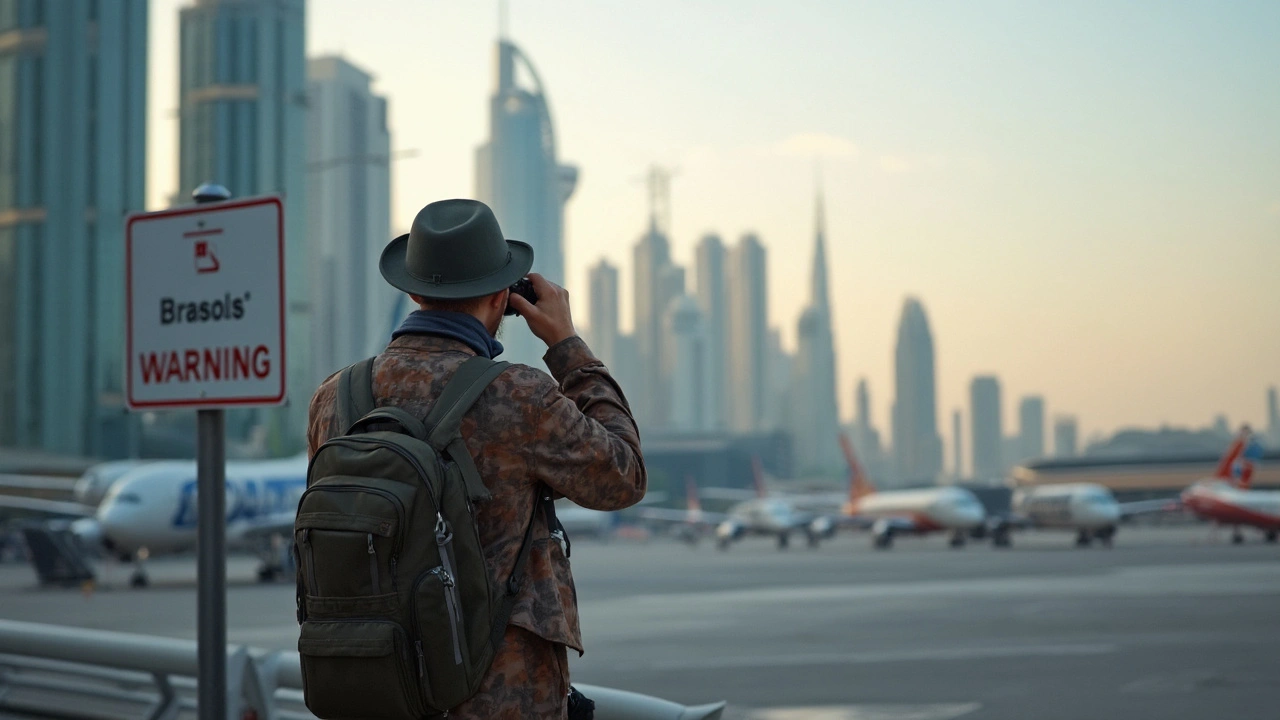Aviation Laws: Your Simple Guide to Flight Rules
When you hop on a plane, a whole set of rules is working behind the scenes to keep you safe and protect your rights. Those rules are called aviation laws, and they cover everything from how an aircraft is built to what you can demand if a flight is delayed.
Understanding these laws doesn’t require a law degree. They’re designed to make air travel predictable and fair for everyone – passengers, pilots, airlines, and even the airports you visit.
Core Areas of Aviation Law
First up, safety standards. International bodies like the ICAO set baseline requirements that every country must follow. Those standards dictate how often planes are inspected, what equipment they need, and the training pilots must complete. If a airline cuts corners, regulators can ground the aircraft or revoke licenses.
Second, pilot licensing. Pilots need a commercial pilot’s license, a medical certificate, and regular flight‑hour checks. Laws make sure they meet age, health, and experience criteria before they’re allowed to command a commercial jet.
Third, airline consumer rights. In many regions, passengers have legal protections for overbooked seats, long delays, or lost baggage. For example, the EU’s EU261 regulation forces airlines to offer compensation or re‑booking when a flight is cancelled less than 14 days before departure.
Fourth, airport and airspace rules. Airports must follow security protocols, noise limits, and environmental guidelines. Airspace is divided into controlled and uncontrolled zones, and aircraft need clearances to enter each one.
How These Laws Affect You
If a flight is delayed beyond a certain threshold, you may be entitled to meals, hotel stays, or cash payouts. Knowing the rule in your country can turn a frustrating wait into a claim you actually collect.
Lost or damaged baggage also falls under clear legal standards. Most airlines will reimburse you up to a set amount, and you can often negotiate higher coverage if you declare valuable items in advance.
When it comes to safety, the law ensures that airlines perform mandatory checks after a certain number of flight hours. If a plane you’re on is grounded for maintenance, it’s not a inconvenience—it’s a legal requirement protecting you.
Drone enthusiasts should note that many countries have separate aviation regulations for unmanned aircraft. Flying a drone near an airport without permission can result in hefty fines or even criminal charges.
Finally, if you’re a frequent flyer, keep track of your rights. Many airlines have customer service teams ready to handle complaints, but a quick read of the relevant aviation law can give you leverage and speed up resolutions.Bottom line: aviation laws exist to make the sky safer and the journey smoother. A few minutes of reading can save you money, stress, and ensure you know exactly what to expect when you board a plane.
Stay aware, ask questions, and enjoy the confidence that comes from knowing the rules that keep you airborne.

- Jun, 8 2025
- 0 Comments
Is Plane Spotting Illegal in Dubai? What to Know Before You Snap a Photo
Curious about plane spotting in Dubai? This article cuts through the confusion, breaking down official rules, explaining why the city is so strict, and what you risk if you ignore the law. You'll get real stories, see how it affects travelers and even expats—plus tips to stay out of trouble. If the thrill of watching planes in Dubai calls to you, read this first.
read more